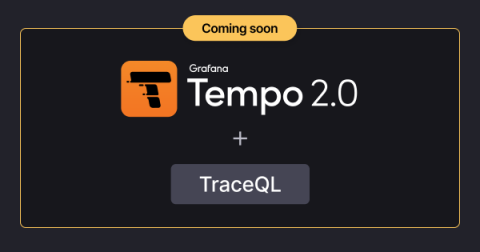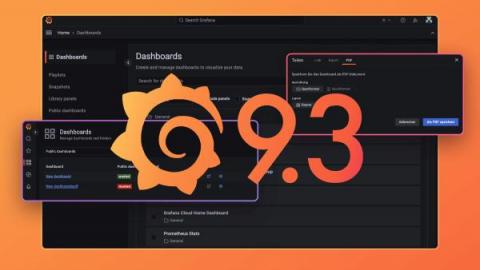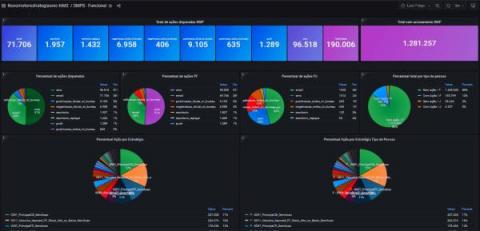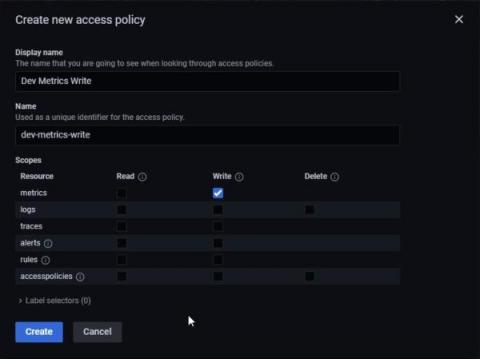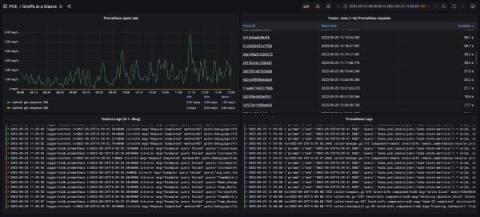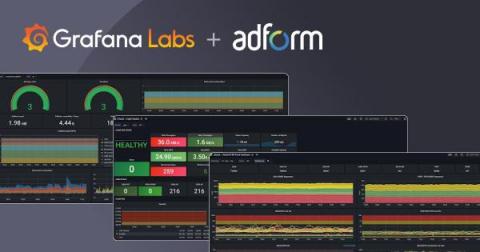TraceQL: a first-of-its-kind query language to accelerate trace analysis in Tempo 2.0
The much-anticipated release of Grafana Tempo 2.0, which we previewed at ObservabilityCON 2022, will represent a huge step forward for the distributed tracing backend. Among the biggest highlights will be TraceQL, a first-of-its-kind query language that makes it easier than ever to find the exact trace you’re looking for. There’s supposed to be a video here, but for some reason there isn’t. Either we entered the id wrong (oops!), or Vimeo is down.


